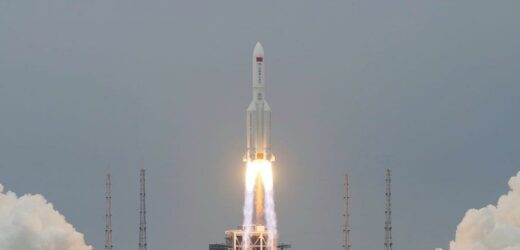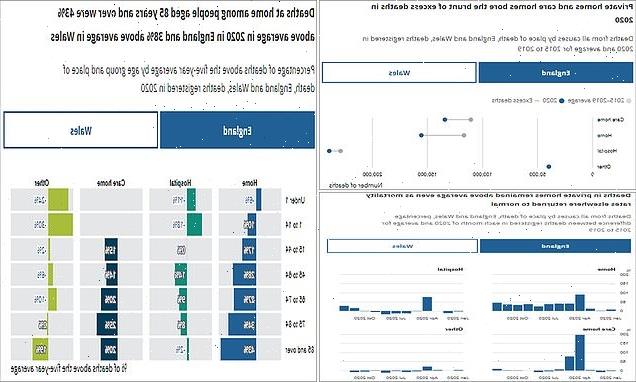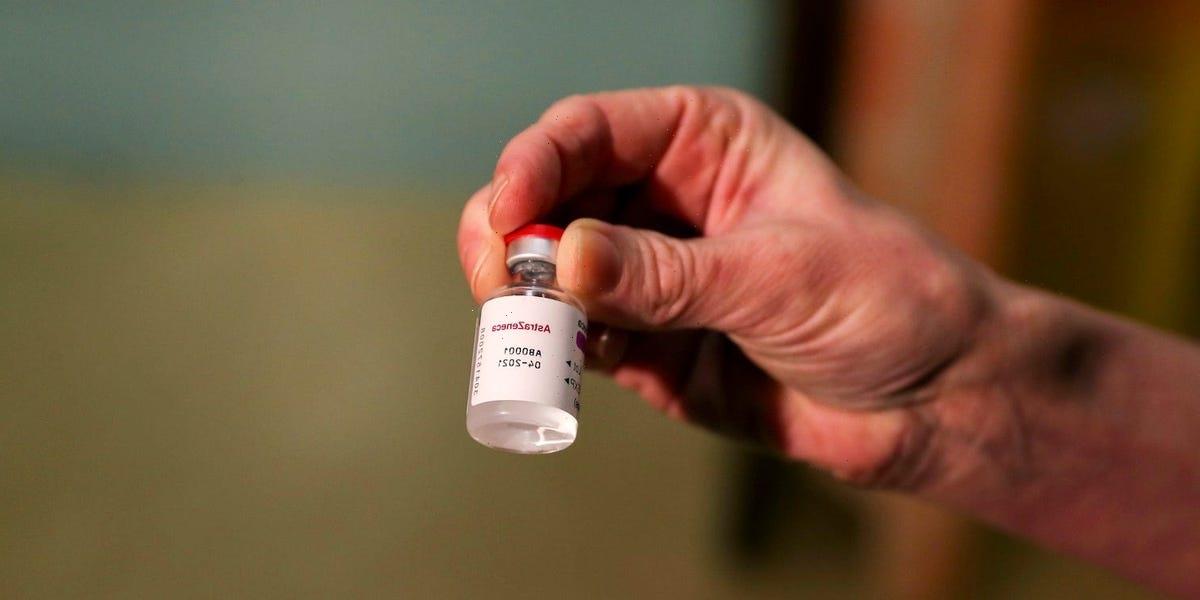- China said the chunk of its rocket that is heading uncontrolled to Earth is unlikely to do any harm.
- Its not clear where the parts could land, but China said most are expected to burn in the atmosphere.
- The US is tracking the fragments.
- See more stories on Insider’s business page.
China downplayed the potential risks of its rocket traveling uncontrolled toward Earth, saying most of it will burn upon reentry into the atmosphere.
The Long March 5B rocket took off from China on April 29, and a big chunk is now heading back toward Earth in an uncontrolled reentry.
It is not clear where the remains will land, and the US said its expected to come down this weekend.
But China claimed there was little risk of harm.
Foreign Ministry spokesperson Wang Wenbing said on Friday, according to the Associated Press: “As far as I understand, this type of rocket adopts a special technical design, and the vast majority of the devices will be burnt up and destructed during the reentry process, which has a very low probability of causing harm to aviation activities and the ground.”
And he said China will give details about the rocket’s reentry in a “timely manner.”
US Defense Secretary Lloyd Austin said on Thursday the US military doesn’t have plans to shoot down the remnants.
“We have the capability to do a lot of things, but we don’t have a plan to shoot it down as we speak,” he said.
“We’re hopeful that it will land in a place where it won’t harm anyone. Hopefully in the ocean, or someplace like that.”
US Space Command, a branch of the US military, said it is tracking the fragments.
The nonprofit Aerospace Corp said it expects the debris to hit the Pacific near the Equator.
Source: Read Full Article


